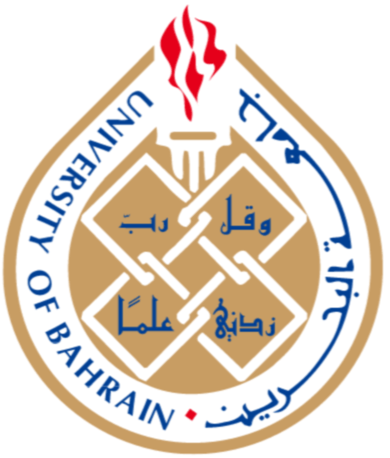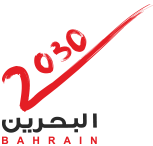NEWS
Demonstrating the Positive Role of Energy Services Projects in Reducing Electricity Consumption A Doctoral Thesis at UoB Examines Energy Efficiency Drivers in Government Buildings

Sakhir – University of Bahrain (Khadijah Abdusalem)
5 December 2023
A study at the University of Bahrain (UoB) concluded that energy services projects (ESCO) contribute to reducing the operational costs of their customers, being one of the most positive drivers in the implementation of projects, and that energy services are projects specialized in providing effective services and solutions to their customers, through the development and design of projects that aim to reduce energy consumption, lower energy-related costs, and reduce operating and maintenance expenses at customer facilities.
This came in a scientific thesis titled: “A Sustainable Framework for Energy Services Contracting in Governmental Premises”, which was prepared by Fatema Mohamed Janahi, a student in the doctoral program in Environment and Sustainable Development at the University’s College of Science.
The study aimed to serve national goals in the field of building management and raise the efficiency of energy consumption, by examining the factors affecting the implementation of ESCO projects and contributing to achieving sustainable development goals related to energy efficiency.
The researcher pointed out that the positives and motivations of ESCO projects are much more important than the challenges faced when establishing such projects, noting that the factor of reduced electricity consumption and the projects’ contribution to reducing one of the operational costs is one of the most positive factors affecting the implementation of ESCO projects in Bahrain.
Moreover, she added that the need for the high initial capital cost of ESCO projects is the biggest obstacle in implementing these projects, and at the same time the most influential challenge.
The researcher proposed four strategies that would help these projects succeed in the Kingdom – due to their economic, financial and environmental benefits – including: investment strategy, partnership with financial sectors in the Kingdom, to enhance the impact of energy services projects in the Kingdom, and establishing “Super ESCO” energy services for energy efficiency and renewable energy.
Furthermore, Janahi stressed that developing innovative financing mechanisms to attract public and private investments, in addition to choosing the appropriate strategy, such as establishing Super ESCO with specific goals and business plans, would achieve the national goals of energy saving and reducing gas emissions.
For his part, Dr. Mahdi bin Khalid Mili, Associate Professor in the Department of Economics and Finance, who supervised the study, said that ESCO projects are a relatively new and emerging concept, so the implementation of such projects requires systematic and scientific evaluation and analysis, to reach the best results in rationalizing energy use, which is one of the most prominent sustainable development goals.
Dr. Mili further noted researcher Janahi’s efforts, who published research derived from this thesis for publication in the Journal of the Knowledge Economy, which is one of the world’s most prominent journals concerned with sustainable development.
For his part, Co-Supervisor, Dr. Helmy Hamdi, stated that using advanced scientific models and methods, such as those used in the thesis, would help in studying the feasibility of projects within the framework of sustainable development, which would establish the foundations of a green economy, based on securing the energy transition and protecting the ocean.
Additionally, he added that the researcher addressed a difficult topic at the right time and proved that applying energy efficiency has many benefits that support government goals and endeavors. He added that researcher Janahi precisely demonstrated that the ESCO project helps maintain environmental quality.
The examination committee, which recently discussed the researcher in her thesis, consisted of: Dr. Qaiser Munir, Professor of Economics and Finance at the College of Business Administration, as an internal examiner, and Dr. Murad Marwa, Professor at the University of Sfax in Tunisia, as an external examiner. While the study was supervised by Dr. Mahdi bin Khalid Mili, Associate Professor in the Department of Economics and Finance, as a main supervisor, and from the Central Bank of Bahrain, Dr. Helmi Hamdi, as an assistant supervisor.














